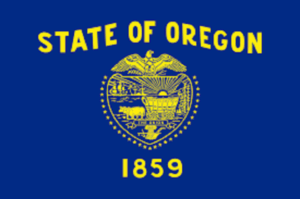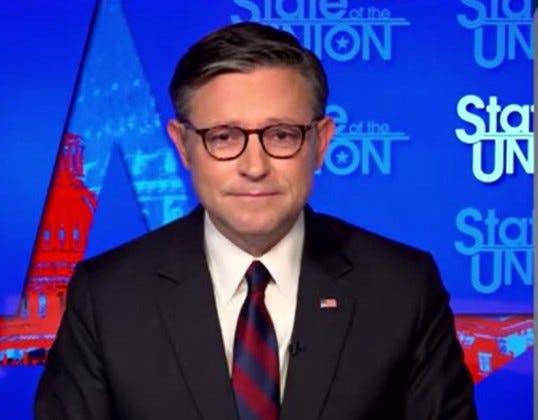 (NA)
(NA) On May 21, The US Court of International Trade (CIT) held oral arguments in Oregon v. Trump, a case challenging Trump's massive IEEPA tariffs filed by twelve states led by the state of Oregon. The Oregon case is similar to that filed by the Liberty Justice Center and myself on behalf of five US businesses harmed by the tariffs, though there are some distinctions (see here for a more detailed discussion).
I won't try to go over the entire two hour argument here. Interested readers can listen to the audio available at the CIT website. And, as always, it is difficult to predict judicial decisions based purely on oral arguments. But I will say that, as in the argument in our case on May 13, the judges seemed highly skeptical of the government's claim that the International Emergency Economic Powers Act of 1977 (IEEPA) gives the president virtually unlimited power to impose tariffs. Judge Restani repeatedly noted that the government's position would allow the president to declare an "emergency" for any "crazy" reason, and then impose whatever tariffs he wanted. In response to the government lawyer's assertion that the delegation of nearly boundless tariff authority was clear enough to satisfy the requirements of the major questions doctrine (a key issue in the case for reasons I describe here), Judge Restani said "[w]e're having a lot of argument for something that's clear" and that "It's not clear to everybody." Amen.
Unlike the argument in our case, this one included some discussion of the scope of the remedy should the plaintiffs prevail. Should there be a nationwide injunction against the tariffs, or one limited to the plaintiffs? I could easily be wrong about this. But it seemed to me the judges were leaning towards s broader remedy. The judges also asked about the standing of the states, especially those who do not directly import goods subject to the tariffs. This issue did not come up in our case, as all our clients are businesses that directly import.
In my view, if even one state is entitled to standing (as Oregon likely is, based on their direct importation), the same goes for the rest, based on the "standing for is standing for all" rule recently applied by the Supreme Court in Biden v. Nebraska (the red state lawsuit challenging Biden's student loan forgiveness program). The Court ruled Missouri had standing, and therefore there was no need to consider whether the other state plaintiffs did.
At one point, the government's lawyer complained that an injunction against the tariffs would "kneecap the president" in his efforts to use the tariffs as leverage against our trading partners. I say the kneecapping would be a feature, not a bug. The Constitution requires a trade system based on the rule of law, not the whims of one man able to impose tariffs whenever he feels like it, in hopes that they might be useful leverage. Otherwise, consumers, investors, and businesses like our clients won't have the stable legal regime they need to make plans and function effectively. I develop these and related points in more detail in my Lawfare article, "The Constitutional Case Against Trump's Trade War," and my post on why Trump's tariffs threaten the rule of law.
While there is no set schedule for the court to issue its decisions in either our case or Oregon's, I would not be surprised if they come relatively quickly. I would also expect them to be issued at the same time, or in close succession.
The post Thoughts on the Oral Argument in the Oregon Case Against Trump's IEEPA Tariffs appeared first on Reason.com.













 Bengali (Bangladesh) ·
Bengali (Bangladesh) ·  English (United States) ·
English (United States) ·